Coaching for Senior Leaders: Evolving Leadership for Modern Challenges
Coaching for Senior Leaders has emerged as a keystone in navigating the complex landscape of today’s business world.
As the pace of change accelerates, the demand for senior leaders to adapt and steer their organisations through uncharted territories has intensified.
This evolving dynamic underscores the need for seasoned leaders not only to hone their existing skills but also to cultivate new competencies to meet modern challenges head-on.
Coaching presents a robust avenue for senior leaders to refine their strategic outlook, enhance interpersonal dynamics, and foster a culture of continuous learning and improvement.
Through the lens of coaching, we will delve into the modern challenges leaders face and explore how coaching is instrumental in equipping senior leaders to overcome these hurdles and drive organisational success.
Contents
What is Coaching for Senior Leaders?
Modern Challenges Leaders Face
The Benefits of Coaching for Senior Leaders
How to Get Started with a Senior Leader Coach
What is Coaching for Senior Leaders?
Coaching for senior leaders is a personalised developmental experience designed to enhance a leader’s effectiveness in navigating the complex and dynamic business environment.
Unlike traditional training programs, coaching is tailored to meet the unique needs and challenges faced by each individual leader.
It involves a collaborative relationship between the coach and the leader, where the coach provides support, feedback, and guidance, empowering the leader to explore new perspectives, make informed decisions, and take purposeful actions.
Here’s a breakdown of what coaching for senior leaders may entail:
Understanding and Assessing
At the onset, it’s crucial to understand the leader’s current competencies, leadership style, and the challenges they face.
This phase often involves assessments and feedback from peers, subordinates, and other stakeholders.

Goal Setting
Based on the initial understanding, clear and achievable goals are set.
These goals are aligned with both the leader’s personal aspirations and the organisation’s strategic objectives.
Ongoing Support and Feedback
Through regular sessions, the coach provides feedback, challenges assumptions, and encourages reflection.
This ongoing support helps the leader to stay on track towards achieving their goals, while also adapting to new challenges that may arise.
Skill Development
Coaching focuses on developing essential skills such as emotional intelligence, strategic thinking, and effective communication.
It’s about expanding the leader’s toolkit to ensure they are well-equipped to handle various scenarios.
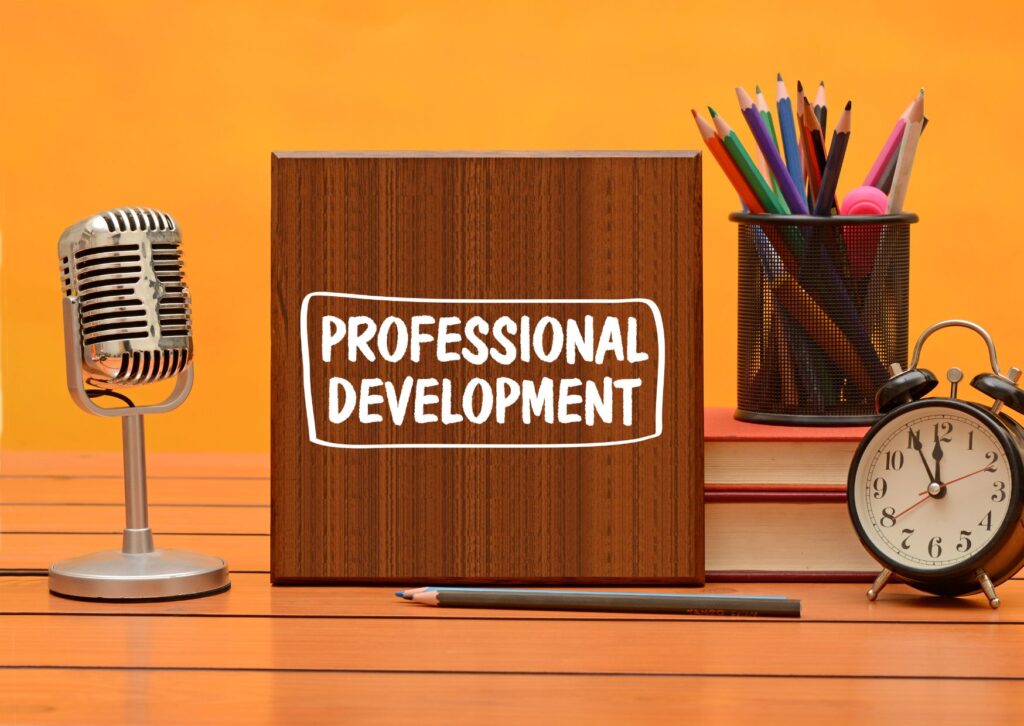
Action Learning
Coaching encourages leaders to learn by doing.
It’s about applying new insights and skills in real-world situations, reflecting on the outcomes, and continuously refining one’s approach.
Accountability
The coach holds the leader accountable for their commitments, helping to foster a culture of responsibility and continuous improvement.
Coaching for senior leaders is not about providing solutions, but rather about facilitating a process of discovery and growth.
This enables leaders to become more self-aware, confident, and effective in their roles.
Through this supportive and challenging partnership, leaders are better positioned to contribute positively to their organisation’s success and build a legacy of impactful leadership.
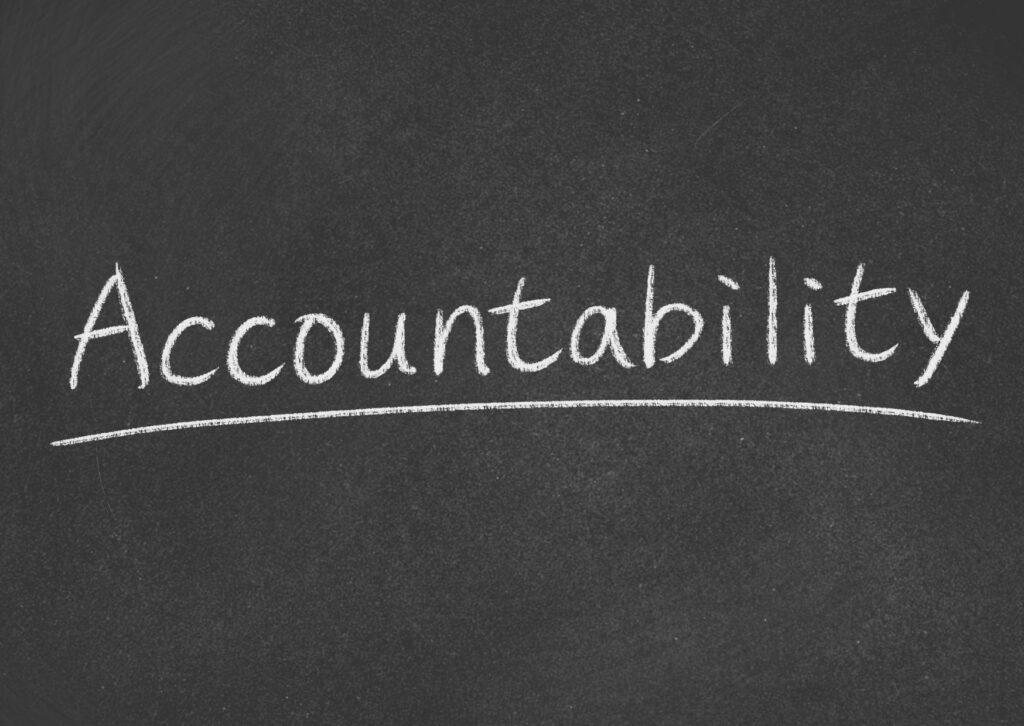
Modern Challenges Leaders Face
Senior leaders are confronted with a range of challenges that require not only a keen understanding of the business landscape but also a nuanced approach to leadership.
Here are some of the pressing modern challenges:
Rapid Technological Advancements
The relentless pace of technological innovations is a double-edged sword.
This offers vast opportunities for growth and efficiency, while also demanding leaders to stay abreast of new tools, technologies, and the shifting digital landscape.

Globalisation and Cultural Diversity
With businesses operating across borders, leaders are tasked with managing culturally diverse teams, understanding international markets, and navigating different regulatory environments.
Changing Workforce Dynamics
The emergence of remote work, the gig economy, and evolving employee expectations necessitates a rethinking of traditional management practices and workplace cultures.
Increasing Complexity and Uncertainty
The intricacy of modern business operations and the unpredictability of global events add layers of complexity to decision-making and strategic planning.
Sustainability and Social Responsibility
There’s a growing expectation for leaders to drive socially responsible and sustainable business practices, balancing profitability with societal and environmental impact.

Talent Attraction and Retention
In a competitive job market, attracting, developing, and retaining top talent is critical for sustained organisational success.
Heightened Stakeholder Expectations
Leaders are under the microscope as never before, with heightened expectations from stakeholders including customers, employees, and investors, for transparency, ethics, and performance.
Mental Health and Wellbeing
The mental health and wellbeing of employees have come to the forefront.
This requires leaders to foster supportive environments and address mental health concerns proactively.

Cybersecurity and Data Privacy
As cyber threats proliferate, ensuring the security and privacy of organisational and customer data is a paramount concern.
Adaptability and Resilience
Lastly, the ability to adapt to change and bounce back from adversities is essential as leaders steer their organisations through uncharted waters.
These challenges underscore the need for senior leaders to continually evolve, learn, and adapt.
Through a blend of savvy strategy, empathetic leadership, and a willingness to innovate, leaders can navigate these modern challenges successfully.
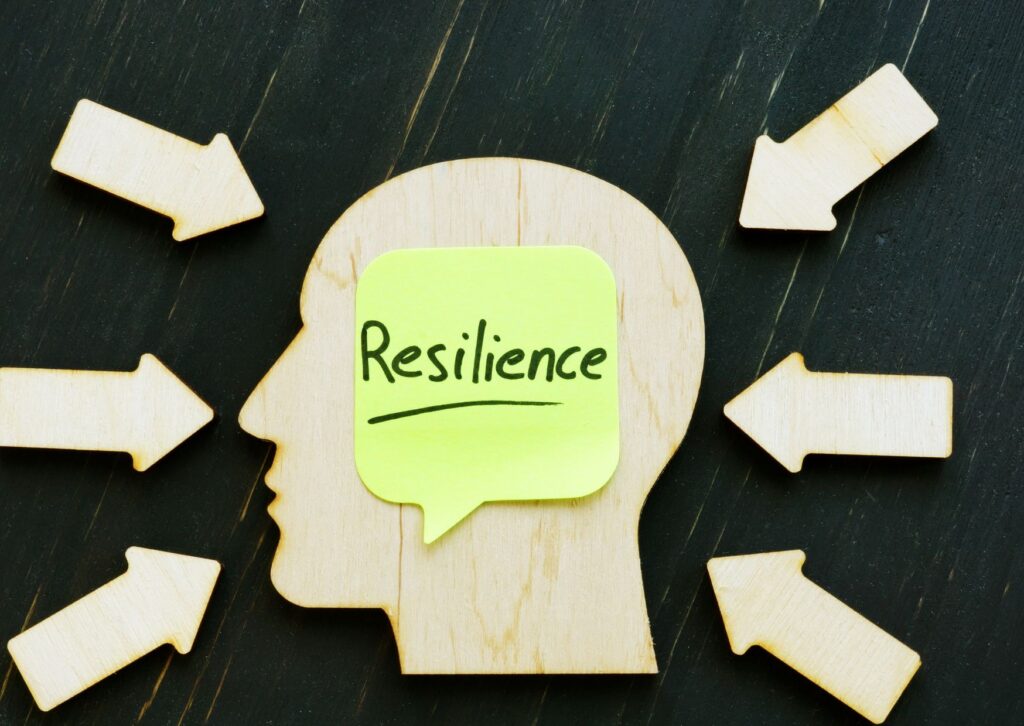
The Benefits of Coaching for Senior Leaders
Engaging in a coaching relationship can be a transformative experience for senior leaders.
It’s a space where self-discovery meets professional growth, allowing leaders to refine their capabilities and better meet the demands of their roles.
Below are some of the compelling benefits of coaching for senior leaders:
Enhanced Self-awareness
Coaching facilitates a deeper understanding of one’s strengths, weaknesses, and behavioural patterns.
This self-awareness is the foundation for meaningful change and improved leadership effectiveness.
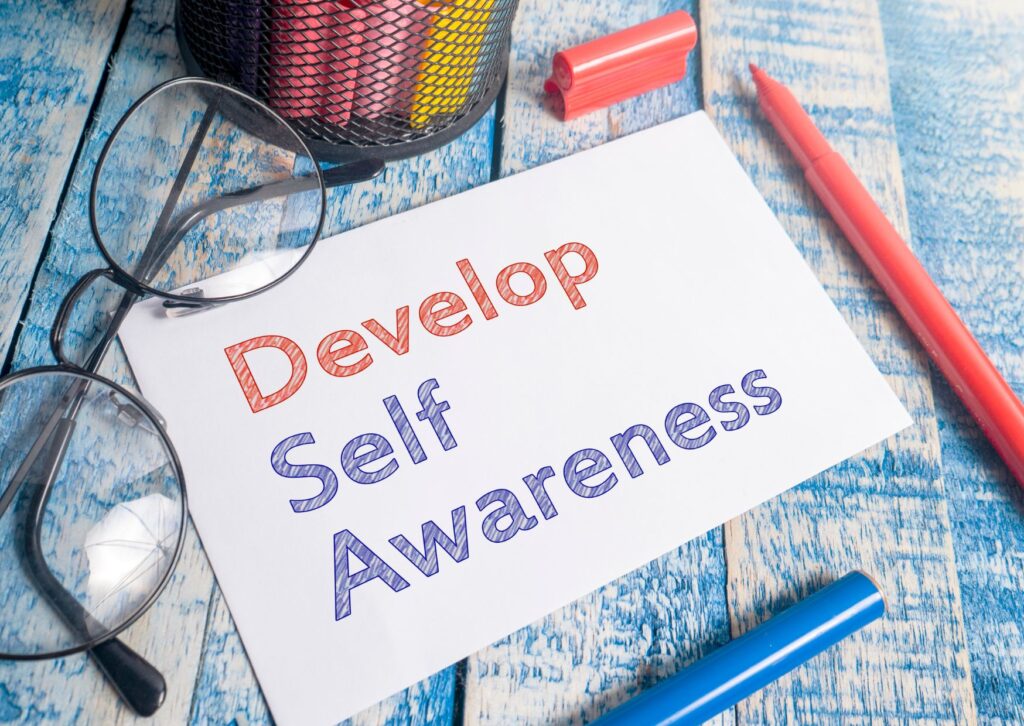
Improved Decision-making
With a clearer understanding of themselves and their environment, leaders are better equipped to make informed, strategic decisions that align with their organisation’s goals.
Increased Emotional Intelligence
Coaching helps leaders to better manage their emotions and understand the emotions of others.
This is crucial for building strong relationships and fostering a positive work environment.
Development of New Skills
Whether it’s honing communication skills or learning new strategies for conflict resolution, coaching provides a platform for leaders to develop the essential skills required for effective leadership.
Enhanced Communication
Coaching helps in refining a leader’s communication style.
This ensures clear, effective, and impactful interactions with teams, stakeholders, and other key individuals.

Boosted Resilience and Stress Management
Through coaching, leaders learn techniques to manage stress, build resilience, and maintain a positive outlook even in challenging situations.
Better Work-life Balance
Coaching assists leaders in balancing the demanding nature of their roles with personal wellbeing.
Ultimately, this leads to improved satisfaction and performance both at work and at home.
Alignment with Organisational Goals
Coaching ensures that the leader’s objectives are in harmony with the organisation’s mission and vision, fostering a unified direction and enhanced team cohesion.
Fostering a Growth Mindset
Coaching encourages a growth mindset, where challenges are seen as opportunities for development rather than threats.
Long-term Success and Fulfilment
Lastly, the insights and growth experienced through coaching contribute to a leader’s long-term success, satisfaction, and ability to make a positive impact within their organisation.
The journey of coaching opens up avenues for personal and professional development that are invaluable.
By embracing coaching, senior leaders are investing in their capability to lead with insight, empathy, and strategic clarity.
These are all essential in navigating the modern challenges of the business world.
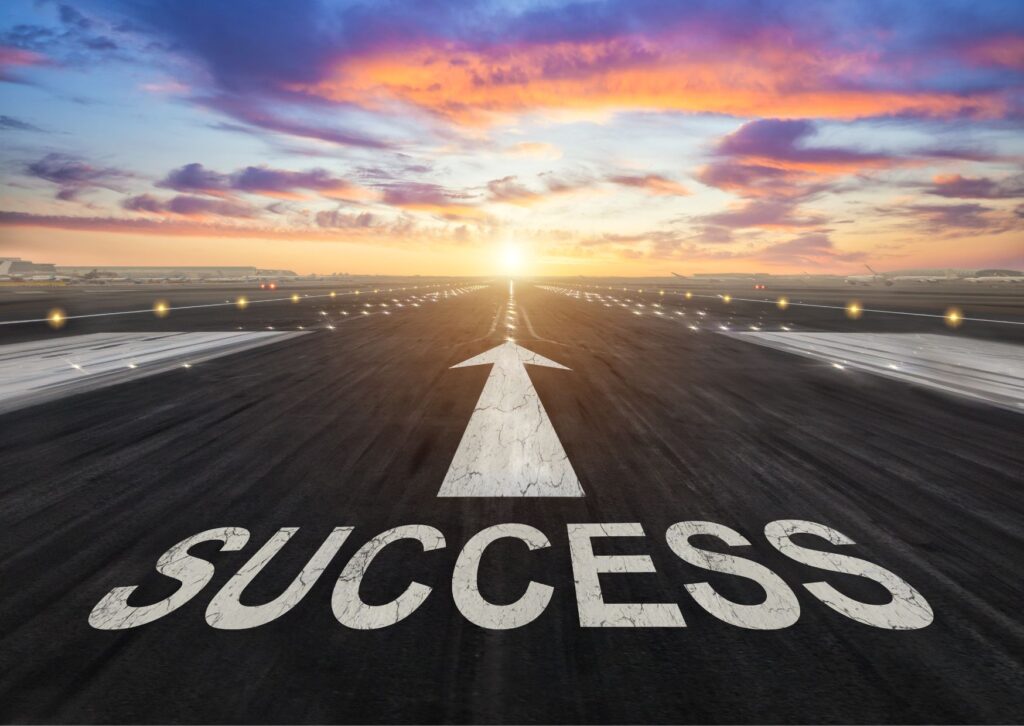
How to Get Started with a Senior Leader Coach
Embarking on a coaching journey can be a pivotal move for senior leaders.
It’s about taking a step towards enhanced leadership effectiveness and personal growth.
Here’s a guide on how to get started with a senior leader coach, and how our executive coaches can be a part of this transformative journey:
Identify Your Goals
Start by clarifying what you aim to achieve through coaching.
Whether it’s improving communication, decision-making, or navigating a career transition, having clear goals will guide the coaching process.
Research and Select a Coach
Look for a coach with a proven track record in supporting senior leaders.
Our executive coaches come with a wealth of experience and expertise in various domains, ready to support you in your leadership journey.
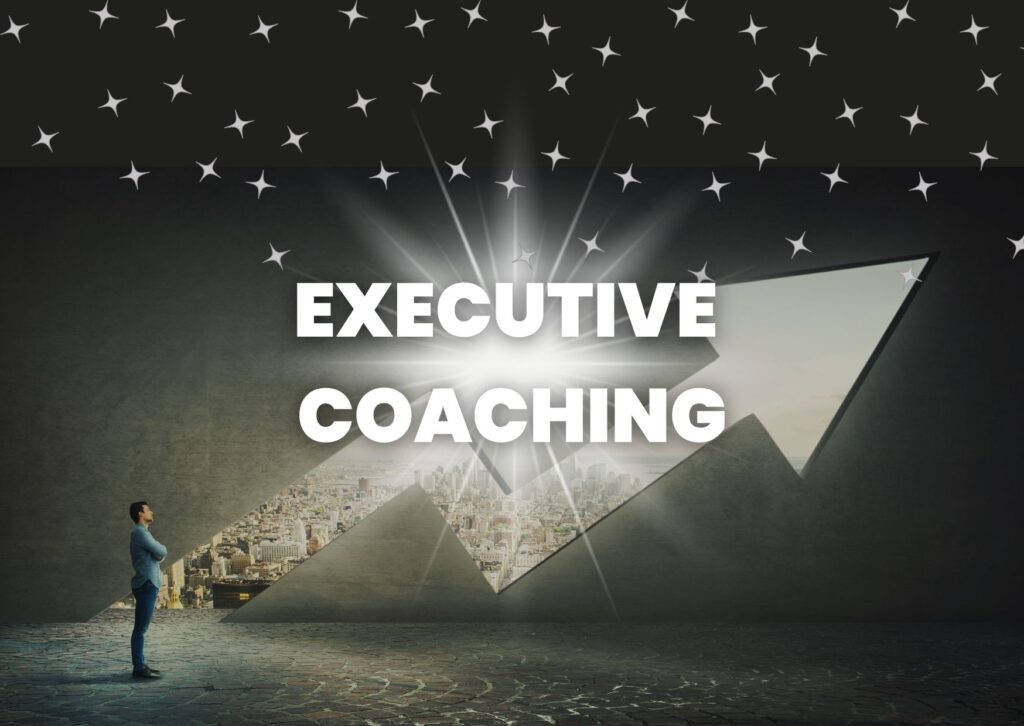
Initial Consultation
Engage in a consultation with your potential coach to discuss your goals, expectations, and to gauge the chemistry between you and the coach.
It’s crucial to have a good rapport with your coach for a successful coaching relationship.
Establish the Coaching Agreement
Outline the structure, frequency, and goals of the coaching engagement.
Ensure there’s clarity on the confidentiality and ethical guidelines that will govern the coaching relationship.
Engage in the Process
Dive into the coaching process with an open mind and a commitment to learning and growth.
Be prepared to engage in self-reflection, receive feedback, and take action towards your goals.
Apply Learning
Apply the insights and strategies gained from coaching in your day-to-day leadership role.
Reflect on the impact of these changes and continue to refine your approach with the support of your coach.
Evaluate Progress
Regularly review your progress towards your goals with your coach.
This evaluation will help in adjusting the coaching plan if necessary to ensure you’re on track to achieving your desired outcomes.
Celebrate Successes
Acknowledge and celebrate the progress and successes along the way.
Coaching is a journey of growth and each milestone achieved is a step towards becoming a more effective and impactful leader.

Our executive coaches at Loving Life are dedicated to supporting senior leaders in navigating the complexities of modern business environments.
Through a tailored coaching approach, we strive to empower leaders to unlock their full potential and drive meaningful change within their organisations.
With the right coach by your side, the journey of self-discovery and professional development can be profoundly rewarding and instrumental in achieving your leadership aspirations.
Author
Tyler Lowe – Health & Wellbeing Speaker
BSc Sport & Exercise Rehabilitation


